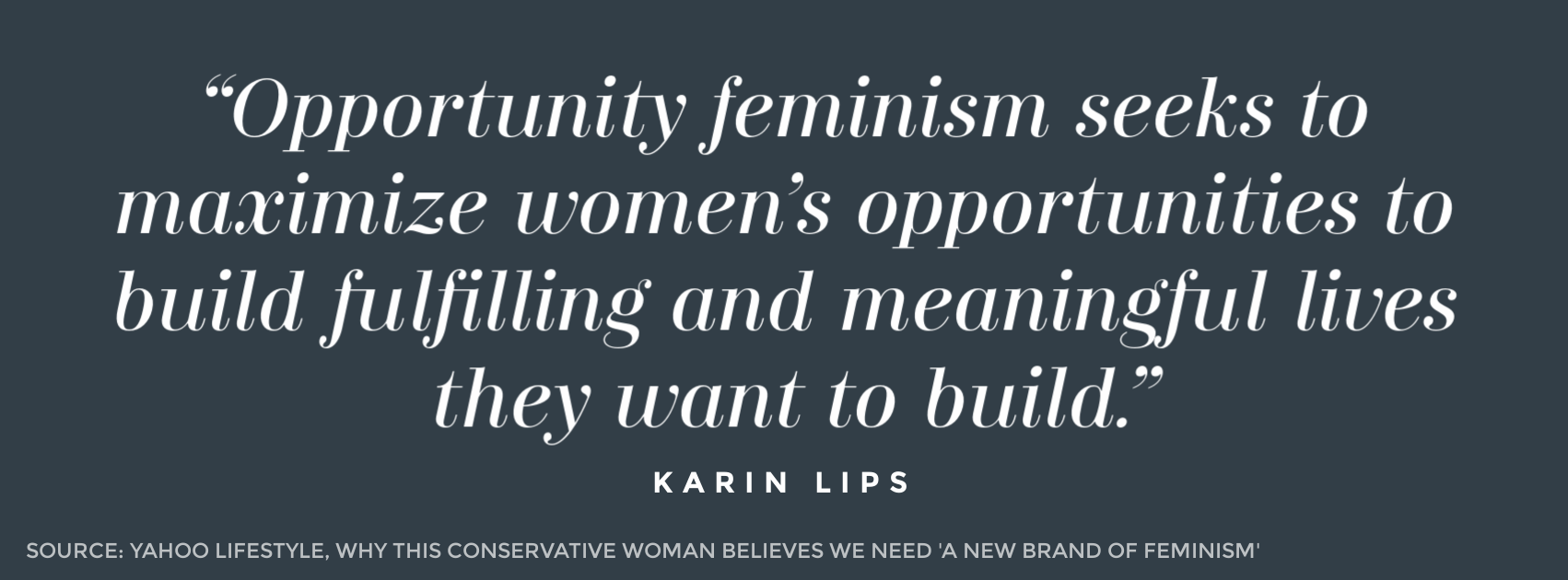The new censorship: Not recognizing conservative campus clubs
When arriving on campus, many conservative students rightfully fear their grades will suffer because of unfair liberal professors. Others are concerned about the social consequences if they are identified as conservative, staying silent about their views because of worries about not being able to make friends.
Self-censorship is well documented on campus. For example, a report from the Knight Foundation found that 65% of students said they believed their campus climate “prevents some people from saying things they believe because others might find it offensive.”
Conservative students have something else to worry about, as some administrators and students are using the club recognition process to prevent students from starting conservative clubs on campus.
When Delaney Ermshar, who founded the chapter of the Network of enlightened Women at Pepperdine University, wanted to get the conservative club recognized by the school, she submitted the required paperwork. The student organizations coordinator emailed her for more information: “The board feels that we need more information on how your club will benefit the campus as a whole and how your events will benefit the women of Pepperdine. At this time, after reviewing the application, the Board does not necessarily feel convinced that this club would benefit or impact the campus in a significant way.”
After Delaney submitted further paperwork, the club’s application was rejected because “the board didn’t seem confident in approving this club since it wasn’t exactly clear what NeW’s goals and objectives were.” This put the future of the club in peril as Delaney is a senior. After some media attention, a Pepperdine administrator arranged a meeting with Delaney, and the club was approved.
I’ve seen similar situations elsewhere. Last year, when three women at a school in Texas applied to start a NeW chapter, the students leading the Student Senate rejected their application. The Student Senate Organization leader said that because there were already other women’s organizations on campus, their NeW chapter wasn’t unique. By assuming that all women’s groups have the same set of views, the Student Senate is part of the censoring problem on campus.
Another supposed reason the club was rejected was due to its low membership count. Yet the students met the requirement in the instructions for applying. And it is challenging to have a high membership count when a group isn’t recognized on campus. This rejection stung and dramatically slowed down their effort. After all, without school recognition, it is more challenging for students to organize since recognition on campus often comes with perks such as access to campus spaces and funding. They recently resubmitted their materials. (The leaders of this chapter asked not to be identified for fear of retribution.)
And while the NeW chapter at Texas Christian University is officially approved, the assistant director of student organizations, a Ph.D. candidate, made the student leaders redo the chapter’s constitution and is forcing them to attend weekly meetings. This is a high barrier, and it is unusual for burdens to be imposed after a club is already recognized.
When I attended the University of Virginia, there were hundreds of clubs. It seemed like the Student Activities Center at UVA wasn’t trying to pick and choose clubs but instead relied on the free market. If there was demand for a club, it would succeed. If there was no market for a club, the students would try and fail.
It is concerning when those on campus who run the club recognition process exercise their power to limit conservative clubs on campus. Instead of relying on demand, their process of dictating what’s allowed is bad for intellectual diversity on campus. If students don’t want to attend events organized by conservatives, they can make that choice. But conservative students shouldn’t face extra challenges to organize.
Karin Lips (@klips) is a contributor to the Washington Examiner’s Beltway Confidential blog. She is the founder and president of the Network of enlightened Women, as well as a senior fellow with the Independent Women’s Forum.
This article was originally published by the Washington Examiner.


